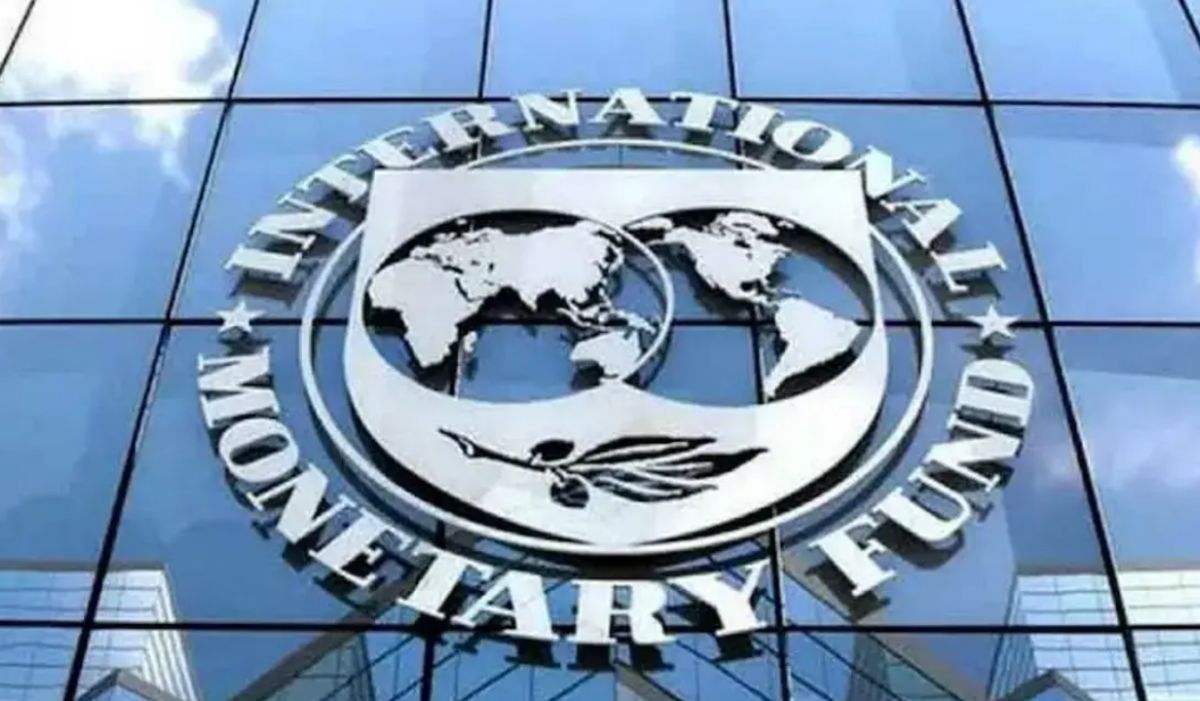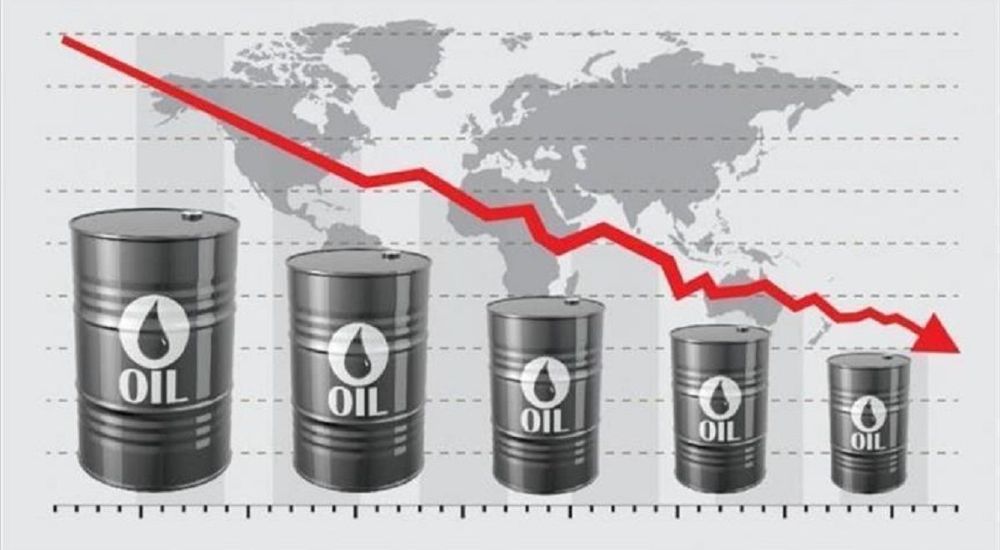IMF Urges Nigeria to Broaden Tax Base for Stronger Economy

The International Monetary Fund (IMF) has called on the Nigerian government to expand its tax base as a key measure to reinforce the country’s fiscal framework.
This call was made by IMF Managing Director Kristalina Georgieva during a press briefing in Washington, D.C., held alongside the 2025 IMF Spring Meetings.
Georgieva emphasized that, similar to other African nations, Nigeria must leverage technology to improve tax collection and minimize evasion. She pointed out that declining oil revenues are putting additional strain on the fiscal budgets of oil-dependent economies like Nigeria.
Addressing monetary policy concerns, the IMF chief urged African governments to prioritize anti-corruption efforts, enhance transparency, and adopt strategies tailored to their unique economic realities.
“We are no longer in a place where you can look at the book of the central bank of the neighboring country and say, ‘Oh, they are doing this, I will do the same.’
“You have to really assess domestic resource mobilization, what your inflationary pressures are, and do the right thing for your country,” she said.
Georgieva also advocated for the expansion of intra-African trade and the elimination of barriers that hinder regional commerce. She encouraged African nations to emulate the model of the Association of Southeast Asian Nations (ASEAN) in fostering deeper economic integration.
“Sometimes there are infrastructure obstacles; the World Bank is working on reducing those infrastructure obstacles to growth and trade,” she said.
Highlighting the continent’s vast potential, Georgieva pointed to Africa’s rich deposits of minerals, other natural resources, and its youthful population as key advantages. She advised countries such as Nigeria, Egypt, Ghana, and Côte d’Ivoire to continue building economic buffers to safeguard against external shocks.
“I think a more unified, more collaborative continent can go a long way toward becoming an economic powerhouse,” she said.
She further addressed the broader implications of tariffs on African economies, especially given the current sluggish pace of global growth. While tariffs may not have an immediate effect on all nations in the region, Georgieva noted that their indirect consequences could be substantial.





